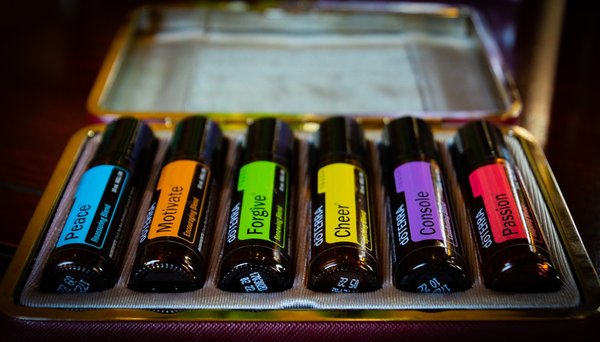Many people lean on essential oils to treat ailments from skin rashes to migraines but are they really safe?
Often times, the answer is a qualified yes. In various essential oil treatments the oils are applied topically on the skin either directly or via a carrier oil. But you definitely don't want to ingest these forms of herbs, fruits and plants.
Here's why.
First, essential oils are highly concentrated. For example, 220 pounds of lavender flowers go into about one pound of lavender oil, according to the National Institute of Environmental Health Science.
RELATED READ: The 12 most popular health trends of 2018 — and what to expect in 2019
Sure, essential oils are generally recognized as safe for aromatherapy, but they can be poisonous if swallowed or absorbed through the skin, the National Capital Poison Control Center warns. Because the Food and Drug Administration does not regulate essential oils, it's difficult to pinpoint their make-up. If contaminants are mixed in, skin rashes or toxic effects if applied topically or ingested.
Plus certain essential oils — like lavender and tea tree — can interfere with the efficacy of other medications, Refinery29 reported.
MindBodyGreen notes that you can ingest certain essential oils because when we eat plants, we have inherently consumed their essential oils as well. In that situation, the question then becomes one of potency, quantity, and quality of the oil.
But there are certain ones you definitely don't want to swallow including arborvitae, birch, cedarwood, cypress, eucalyptus, white fir and wintergreen.


